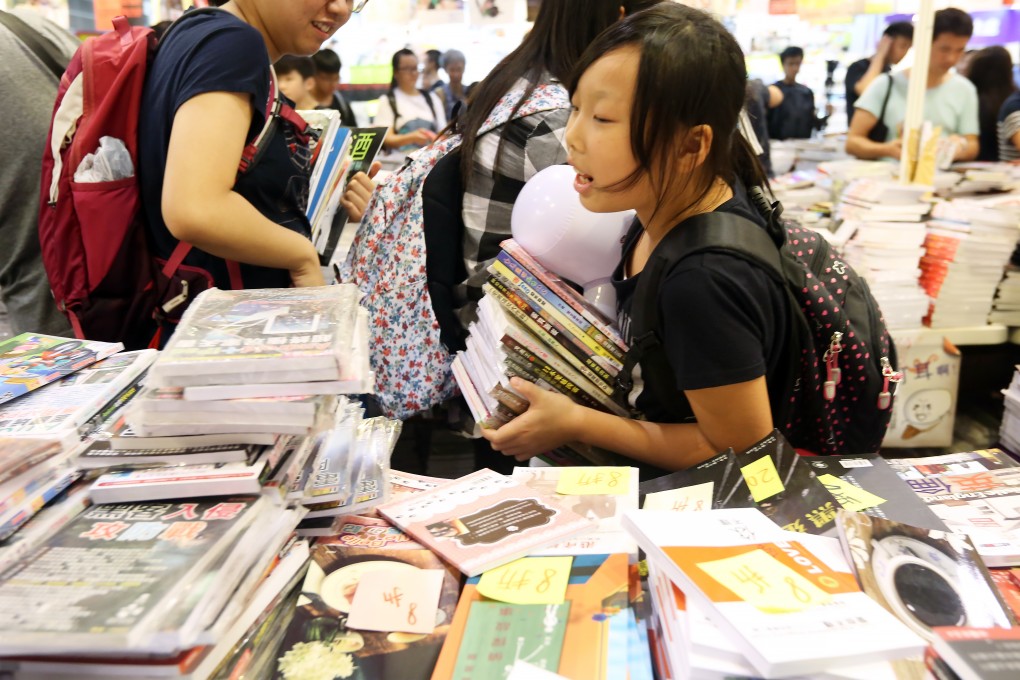Why we should be encouraging everyone to read for pleasure
Book clubs, and in particular parent/child clubs, are a way of connecting, bonding and broadening the reading diet

Over the summer, every student, administrator and teacher at my son's high school will read Boy, Snow, Bird by Helen Oyeyemi. Carefully selected, I suspect, for the themes of race and identity, this book should ignite conversations and spark debates around the campus. Curious, I decided to read the book, too, and it prompted me to consider further the value of a common literature reading experience among a large group of people.

Beyond the social aspect, the value of this group has been the broadening of mind and perspective that occurs as the result of reading books I never would have chosen myself, or didn't even particularly enjoy after reading. When members share personal history, cultural references and academic expertise relevant to the book, my understanding and my appreciation for the book is always enhanced.
When children's author Deborah Wiles visited Hong Kong the entire Hong Kong International School upper primary read one of her books to build enthusiasm in preparation for her visit. Children were able to discuss the book, gained confidence meeting the author and shared the experience with their peers. Unlike didactic work in which a book is assigned and taught by an instructor, this type of common literary experience is voluntary, undirected and intended for fun.
Parent/child book clubs are another way of connecting, bonding and sometimes broaching difficult or embarrassing topics through literature. Difficult circumstances faced by characters in a novel provide distance and hypothetical scenarios that are useful in initiating tricky discussions with children. These conversations offer insights from parents and peers that can translate into real-life lessons.
